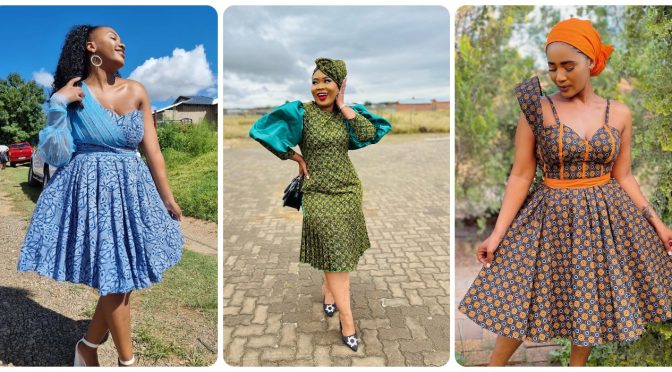Sotho Traditional vesture for women
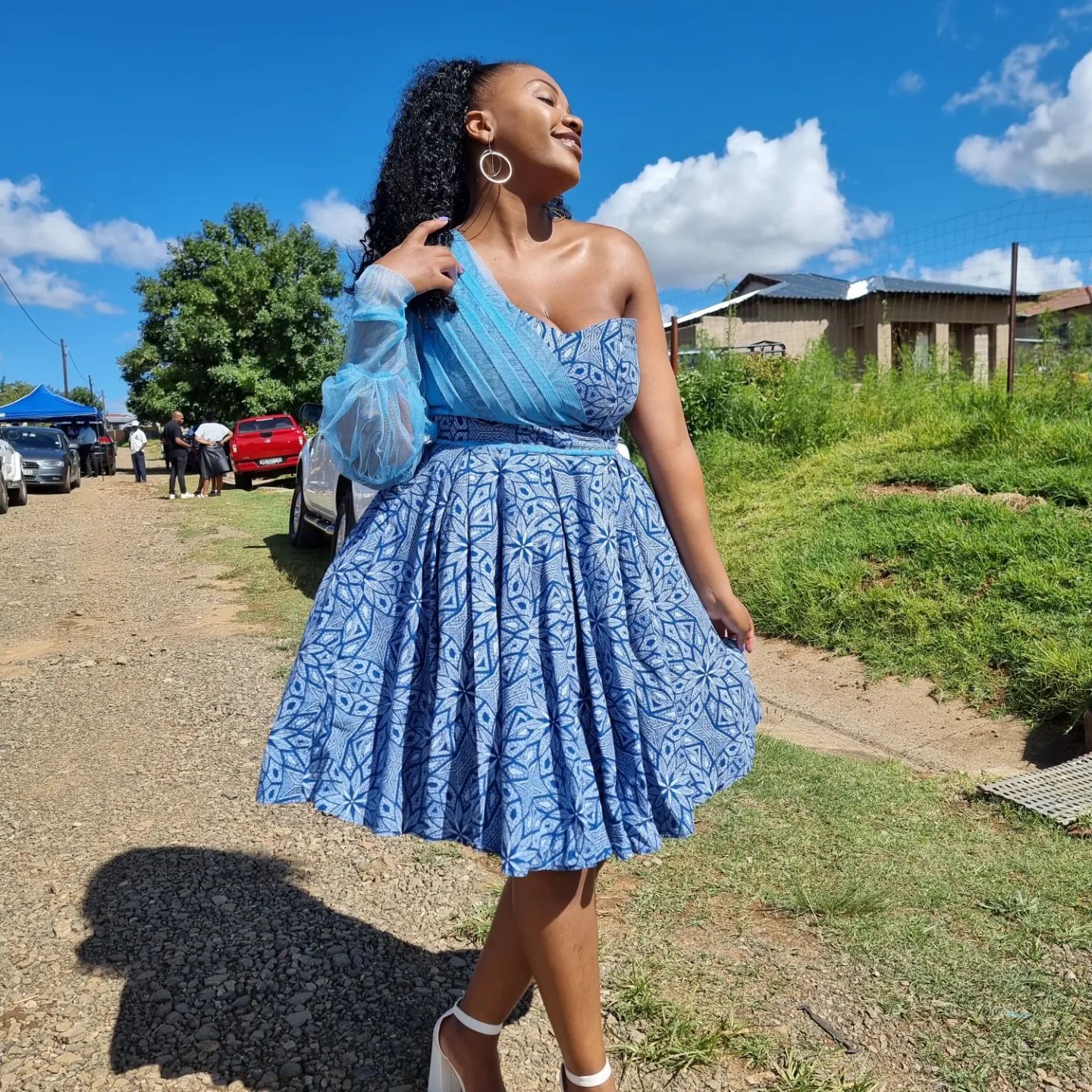
The women’s dress is a long, brightly coloured skirt, with a fitted bodice and a V- neckline.
The Sotho Traditional vesture , rounded headgear, a long dress, and multiple chokers. They also wear a large, rounded apron called a” mathambo”. The Sotho men generally wear a short- sleeved shirt, with a various vest and cape. They also wear a large chapeau decorated with feathers and globules.
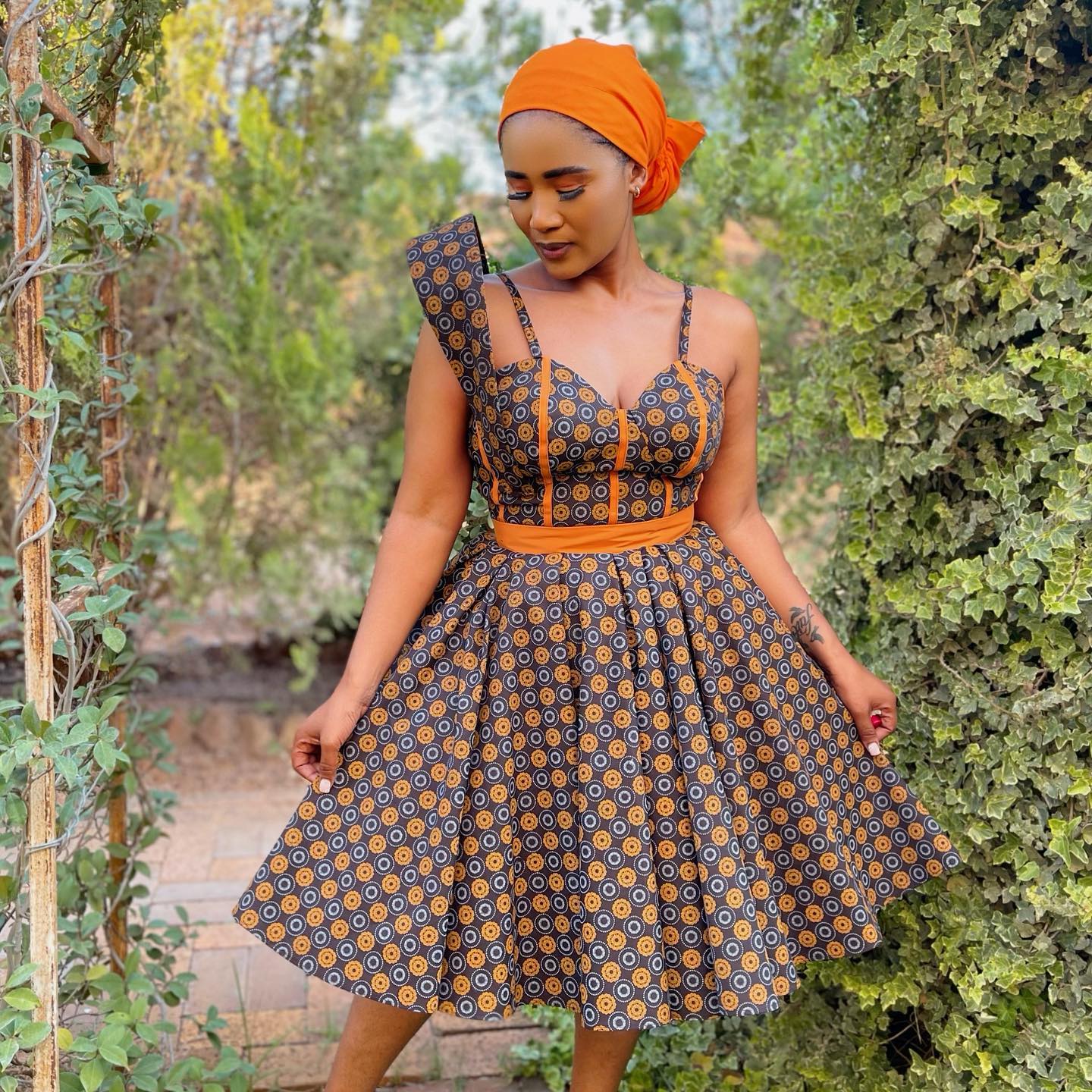 The traditional vesture of the Sotho people is a brightly coloured dress worn by women, and a shirt and leggings worn by men. The apparel is made from accoutrements similar as cotton, hair, beast skins and globules.
The traditional vesture of the Sotho people is a brightly coloured dress worn by women, and a shirt and leggings worn by men. The apparel is made from accoutrements similar as cotton, hair, beast skins and globules.
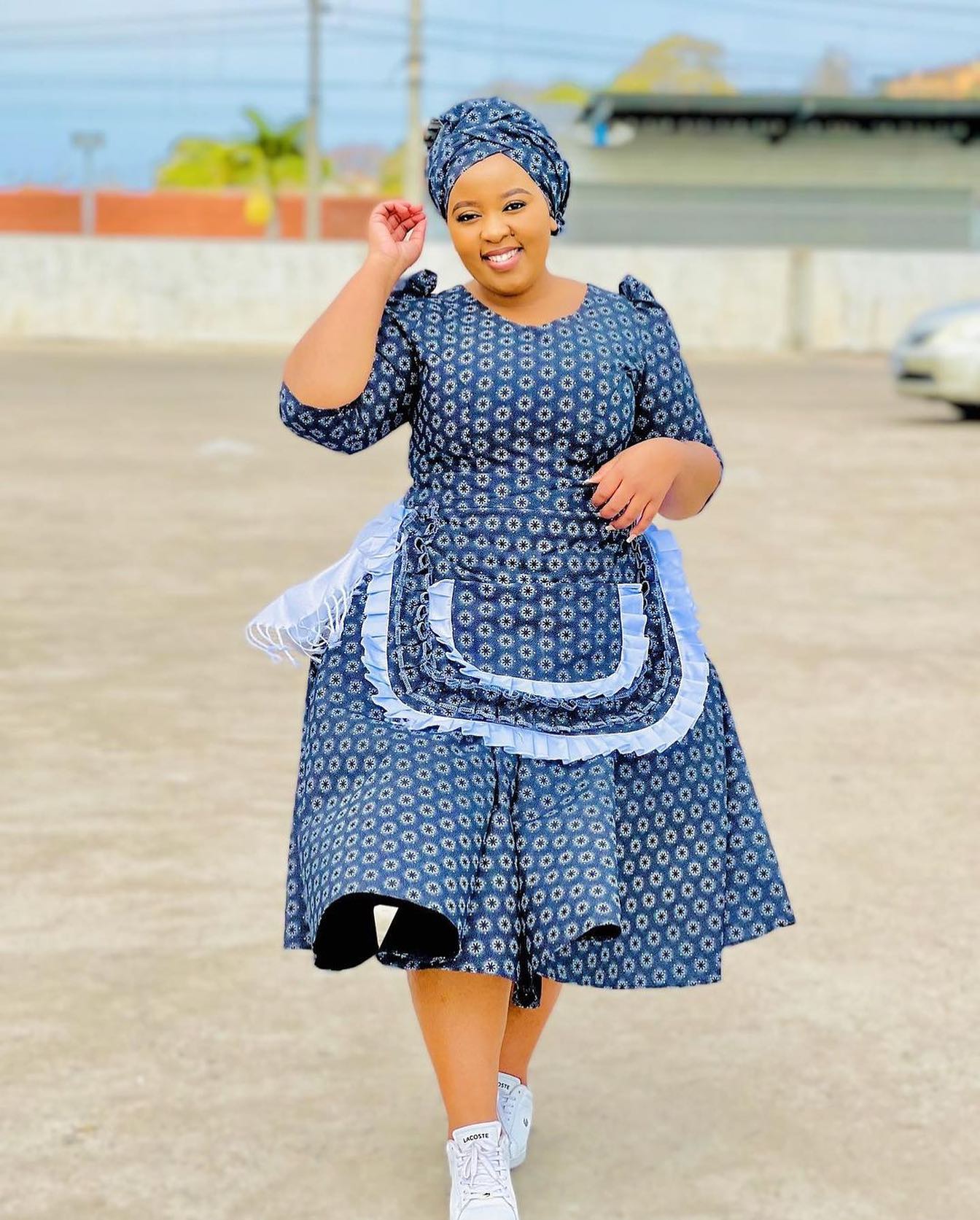 The Sotho Traditional vesture people are a husbandry community who live in the eastern Free State and Lesotho. The traditional dress is still worn by women in pastoral areas, but is getting less common in municipalities and metropolises.
The Sotho Traditional vesture people are a husbandry community who live in the eastern Free State and Lesotho. The traditional dress is still worn by women in pastoral areas, but is getting less common in municipalities and metropolises.
Sotho History
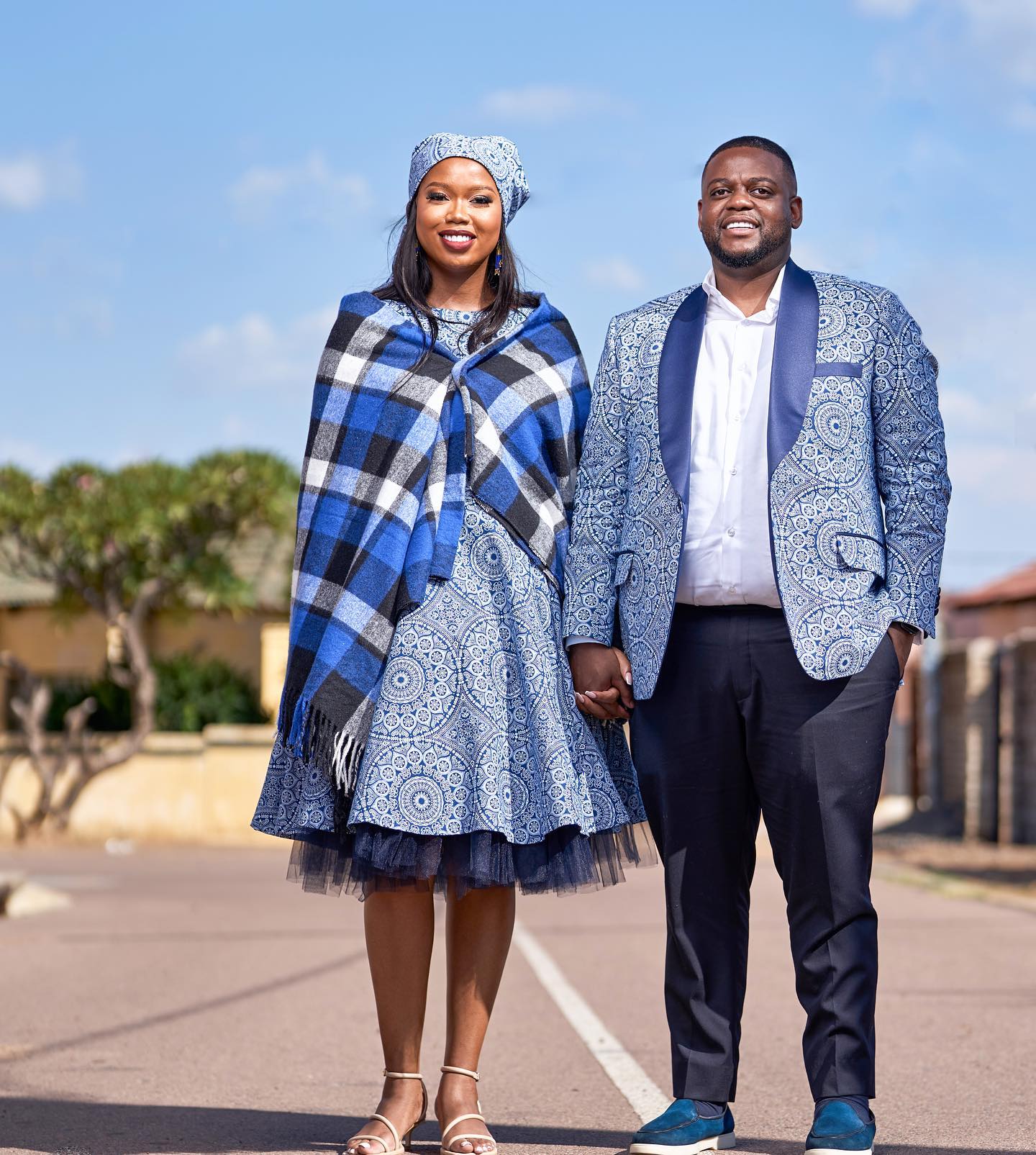 The Sotho people, also called the Basuto or Basotho, are a Bantu nation in southern Africa. They have lived in the region of Lesotho, South Africa since around 500 CE.
The Sotho people, also called the Basuto or Basotho, are a Bantu nation in southern Africa. They have lived in the region of Lesotho, South Africa since around 500 CE.
The Bantu- speaking peoples settled in what is now South Africa by roughly 500 CE. The separation from the Tswana people is believed to have passed by the 14th century. The first nonfictional references to the Basotho people date back to the 19th century
Sotho Traditional vesture
 Sotho Traditional vesture dates back centuries. The hair mask being the most iconic garment into sotho fashion. A hair mask was given to King Moshoeshoe I, the author of Lesotho, in 1860 as a gift. The King cherished the mask so much that he abandoned his typical leopard- skin kaross for it.
Sotho Traditional vesture dates back centuries. The hair mask being the most iconic garment into sotho fashion. A hair mask was given to King Moshoeshoe I, the author of Lesotho, in 1860 as a gift. The King cherished the mask so much that he abandoned his typical leopard- skin kaross for it.
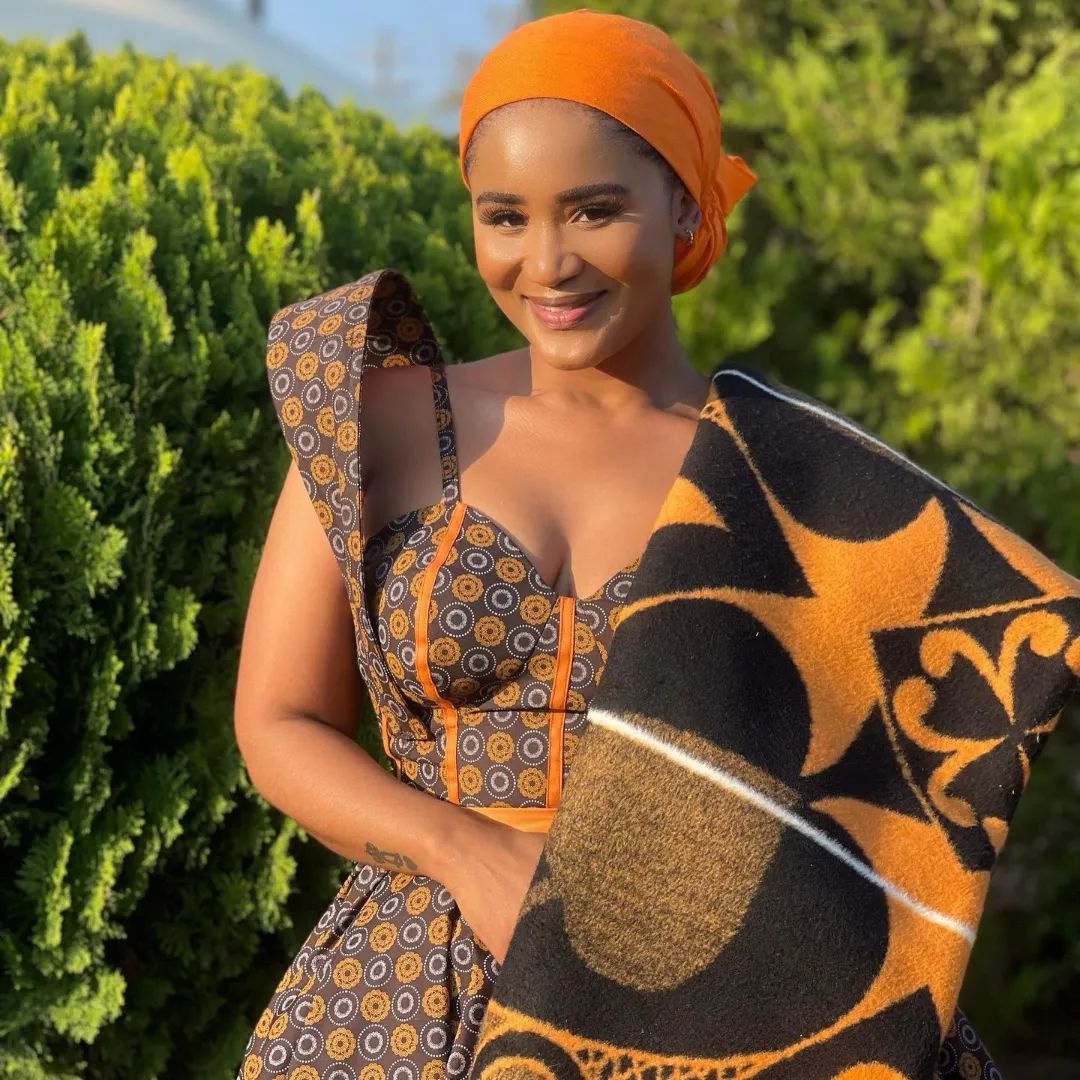 At nearly every major life event, from marriages to the births of children to royal coronations, you ’ll see robes in a wide array of colors and designs. The Basotho lineage mask is also known as the ‘ Seanamarena ’ in Sesotho. It’s worn in everyday life by herd boys, grannies, and indeed teenagers to keep warm.
At nearly every major life event, from marriages to the births of children to royal coronations, you ’ll see robes in a wide array of colors and designs. The Basotho lineage mask is also known as the ‘ Seanamarena ’ in Sesotho. It’s worn in everyday life by herd boys, grannies, and indeed teenagers to keep warm.
Types of Sotho Traditional Attire
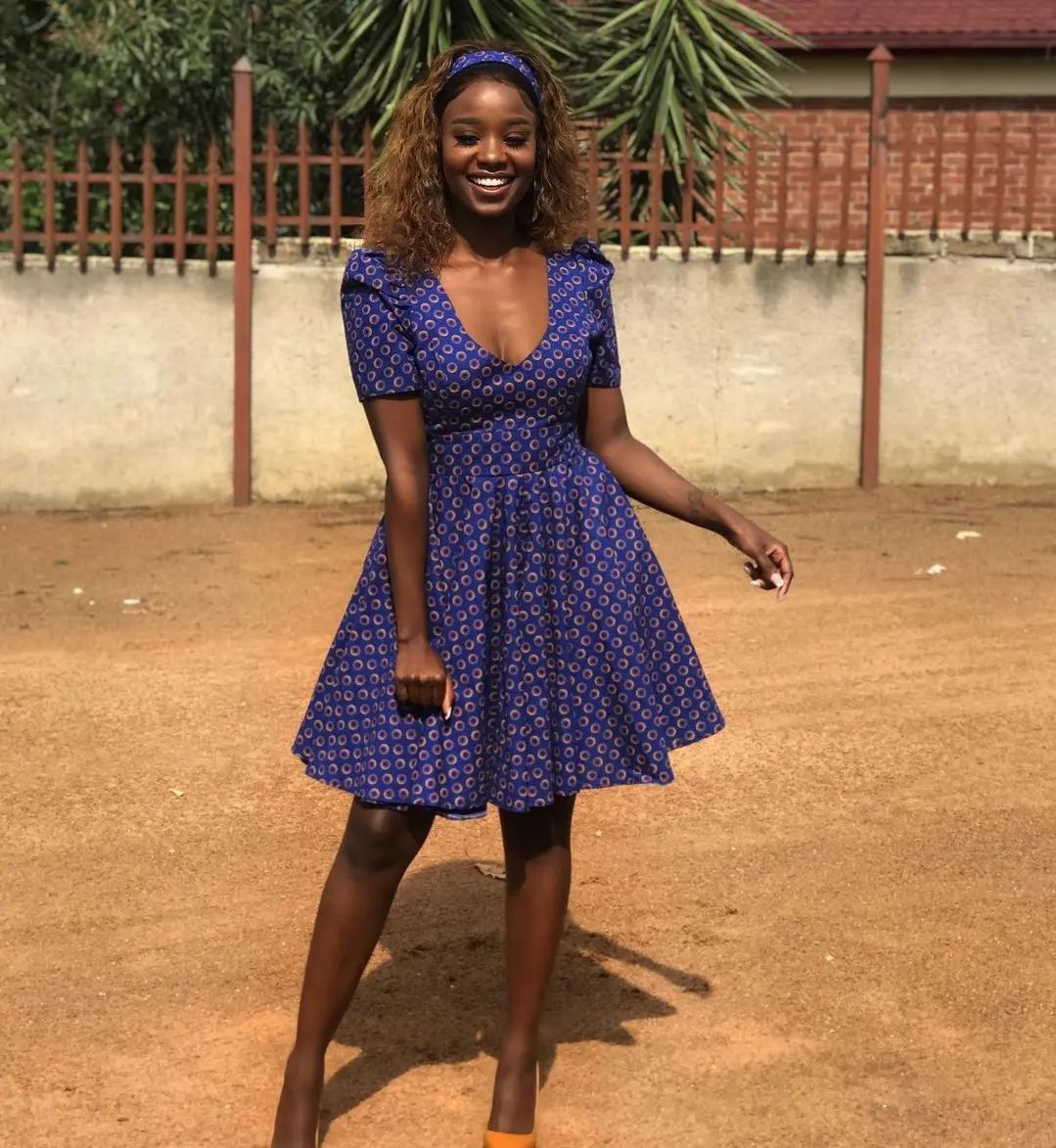 The Basotho people have a distinct traditional apparel. The mokorotlo is a conical chapeau with a decorated clump on the top. Men and women wear it in different ways.
The Basotho people have a distinct traditional apparel. The mokorotlo is a conical chapeau with a decorated clump on the top. Men and women wear it in different ways.
The Basotho mask, which is made of hair, is generally draped over the shoulders or midriff to keep the wear and tear warm. Although numerous Sotho people wear ultramodern apparel, traditional vesture is constantly worn over them.
In husbandry
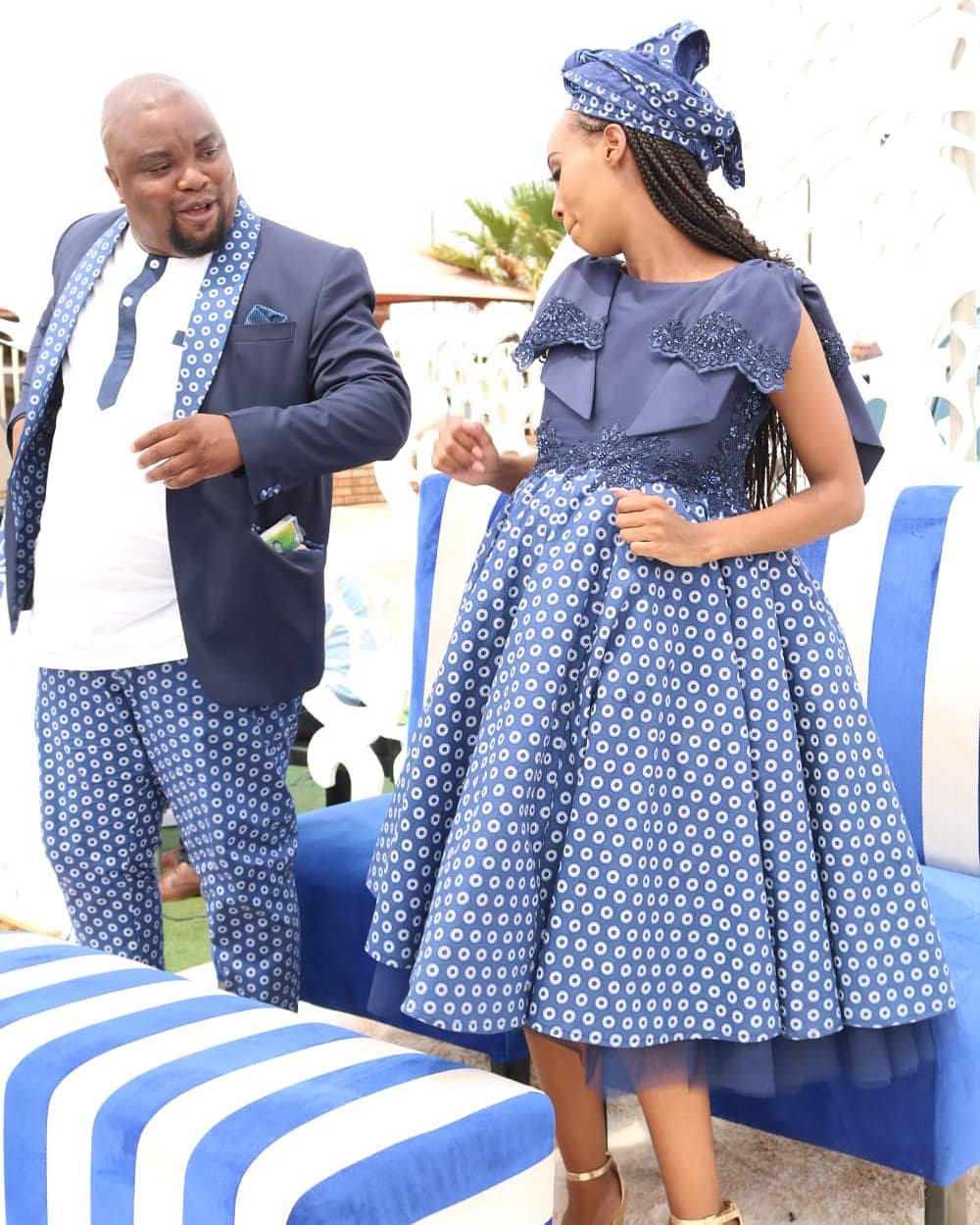 numerous pastoral Basotho dress in apparel that’s applicable to their way of life. Boys who punch cattle in the Free State and Lesotho’s pastoral areas wear the Basotho mask and gumboots as protection from the damp mountain terrain. punch boys also frequently wear woolen balaclavas or caps time- round to cover their faces from the rudiments.
numerous pastoral Basotho dress in apparel that’s applicable to their way of life. Boys who punch cattle in the Free State and Lesotho’s pastoral areas wear the Basotho mask and gumboots as protection from the damp mountain terrain. punch boys also frequently wear woolen balaclavas or caps time- round to cover their faces from the rudiments.
Women’s Sotho Traditional vesture
 Basotho women frequently slip brightly colored skirts or sesotho traditional dresses with patterns, as well as the customary robes around the midriff. For special occasions similar as marriages, they wear the Seshoeshoe, a traditional Basotho dress.
Basotho women frequently slip brightly colored skirts or sesotho traditional dresses with patterns, as well as the customary robes around the midriff. For special occasions similar as marriages, they wear the Seshoeshoe, a traditional Basotho dress.
The sesotho traditional dresses are made using brightly colored fabric and strip accentuations skirting each subcaste. Sotho women frequently buy this material and have it designed in a style analogous to West African and East African dresses.
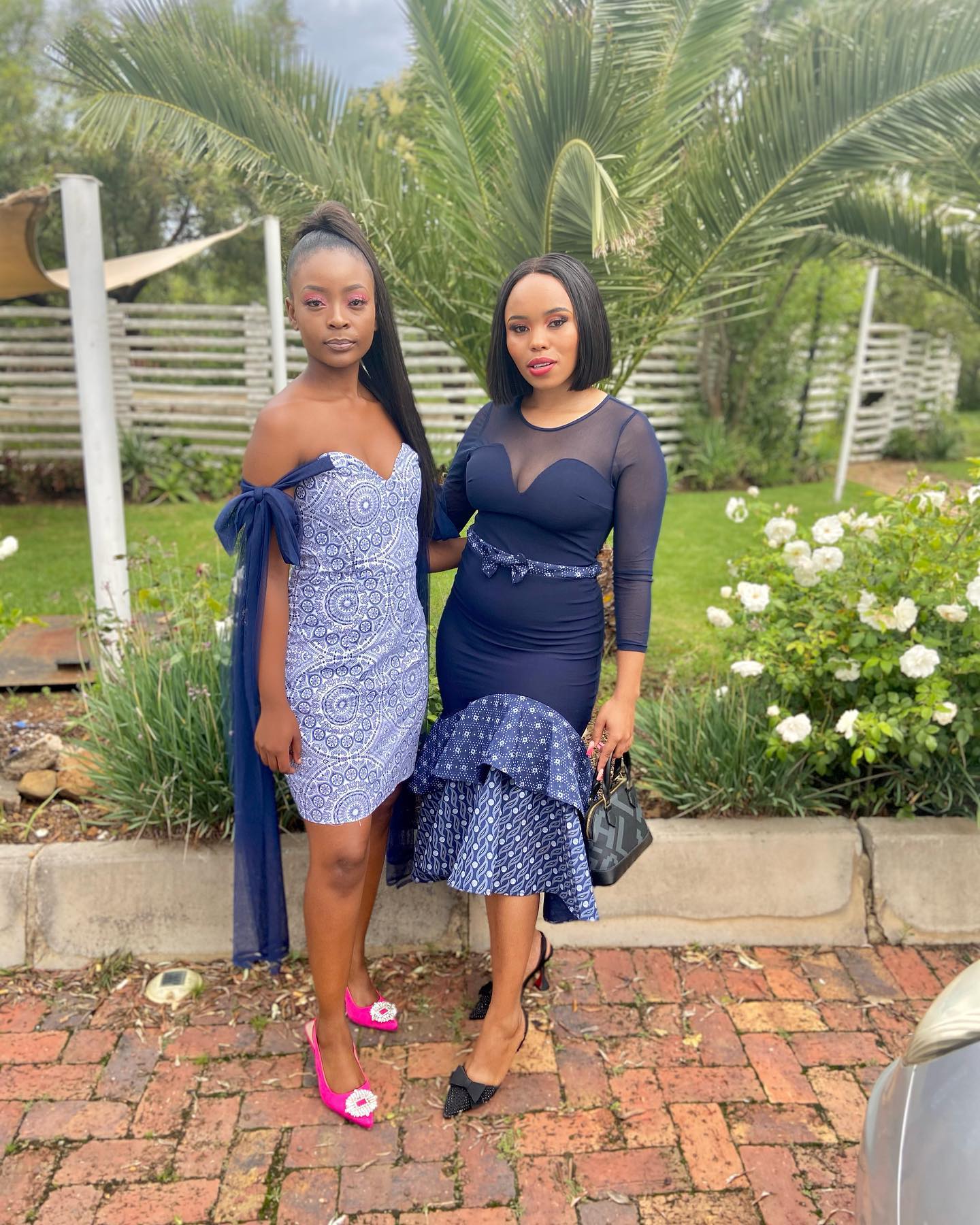 A serape is a long cloth or small mask that women frequently wear around their midriff, which can act as an redundant subcaste of apparel or be used to carry babies on their tails.
A serape is a long cloth or small mask that women frequently wear around their midriff, which can act as an redundant subcaste of apparel or be used to carry babies on their tails.
Classic Dresses
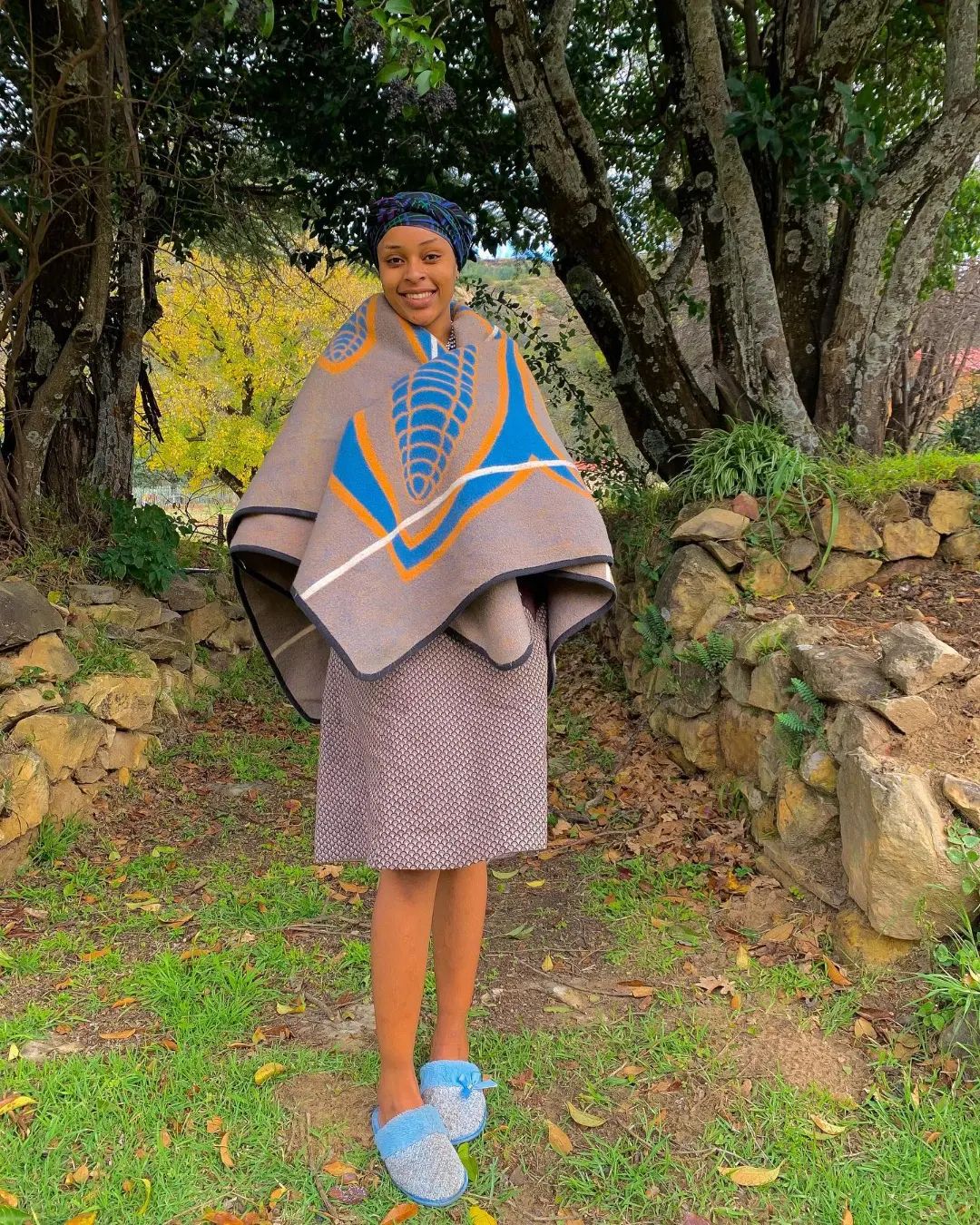 Below you ’ll find filmland of an array of ultramodern majestic Sesotho traditional dresses. numerous of which will contain hair robes, an integral part of sotho traditional vesture.
Below you ’ll find filmland of an array of ultramodern majestic Sesotho traditional dresses. numerous of which will contain hair robes, an integral part of sotho traditional vesture.
Sotho Wedding Dresses
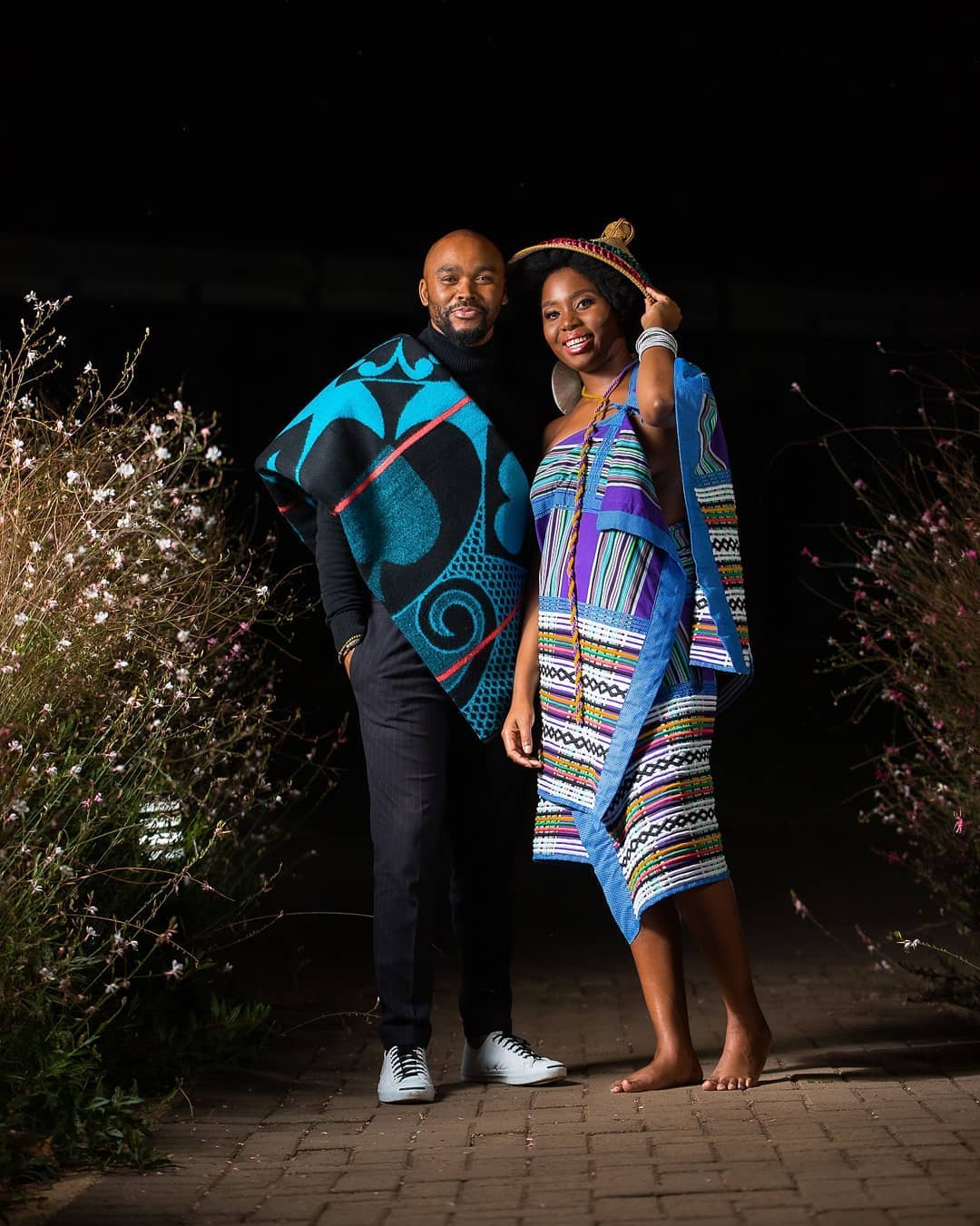 Below you ’ll find an multifariousness of beautiful Sotho marriage dresses. These Sotho Traditional vesture can be worn in a variety of different occasions, from veritably formal marriages to further casual observances.
Below you ’ll find an multifariousness of beautiful Sotho marriage dresses. These Sotho Traditional vesture can be worn in a variety of different occasions, from veritably formal marriages to further casual observances.
Sotho Ethnography
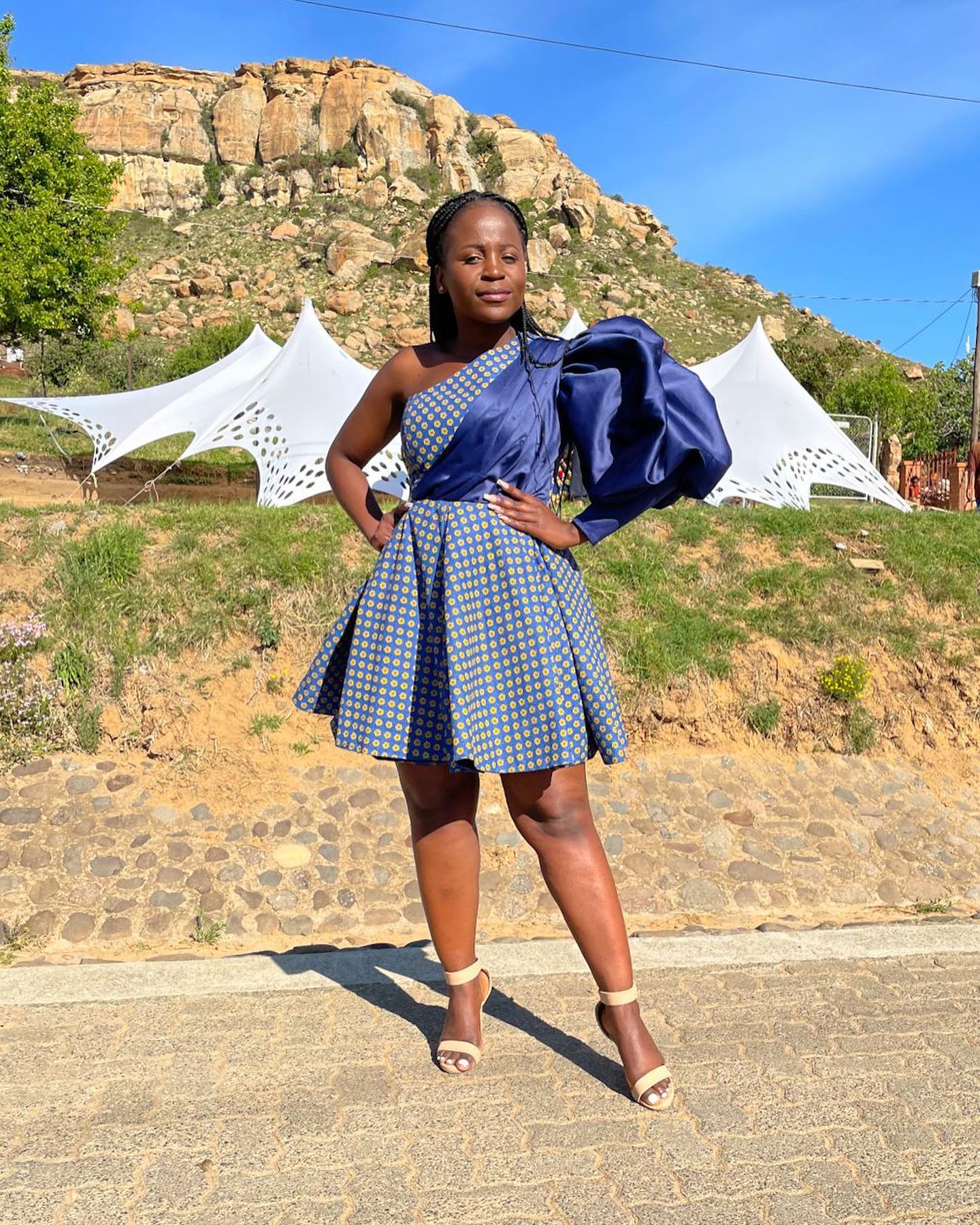
Let’s explore the Sotho ethnography. This involves taking a deep dive into the people, culture and customs of the Basotho.
